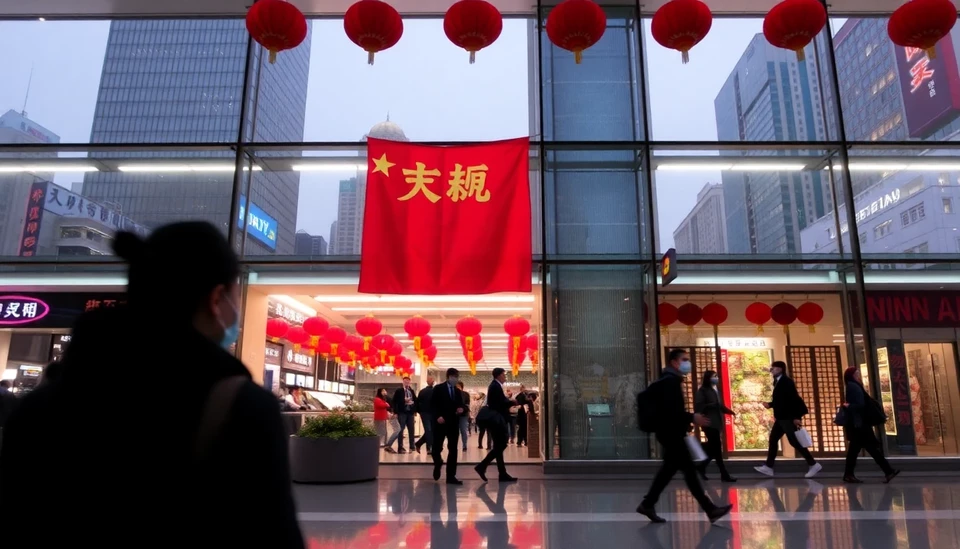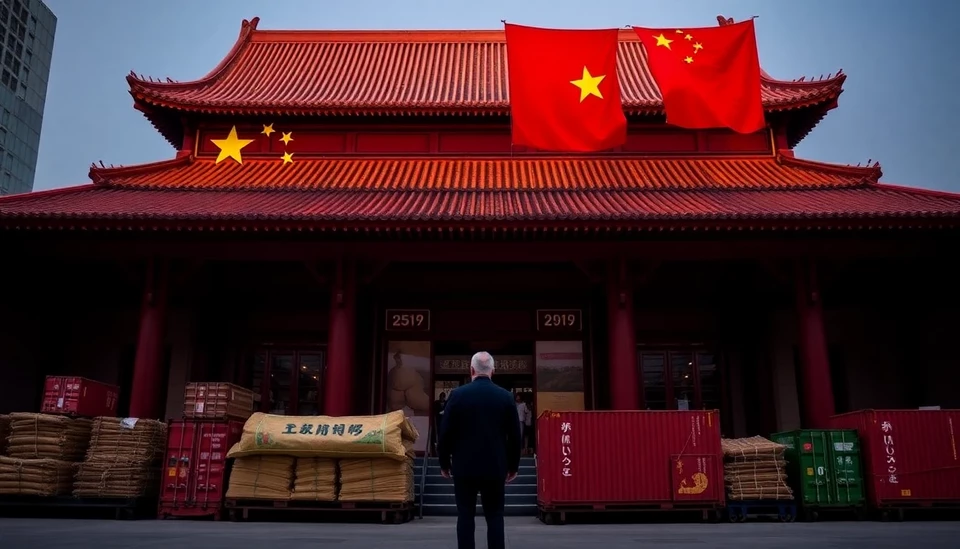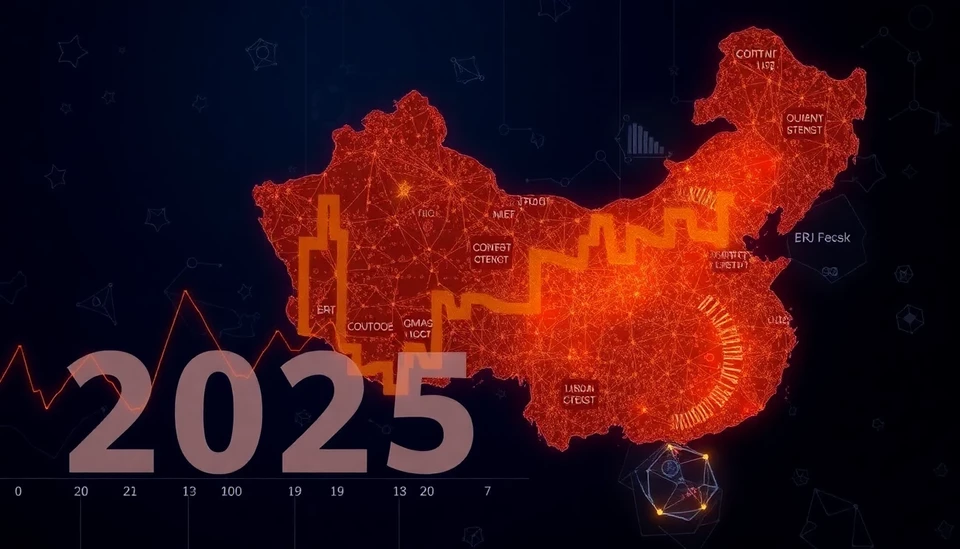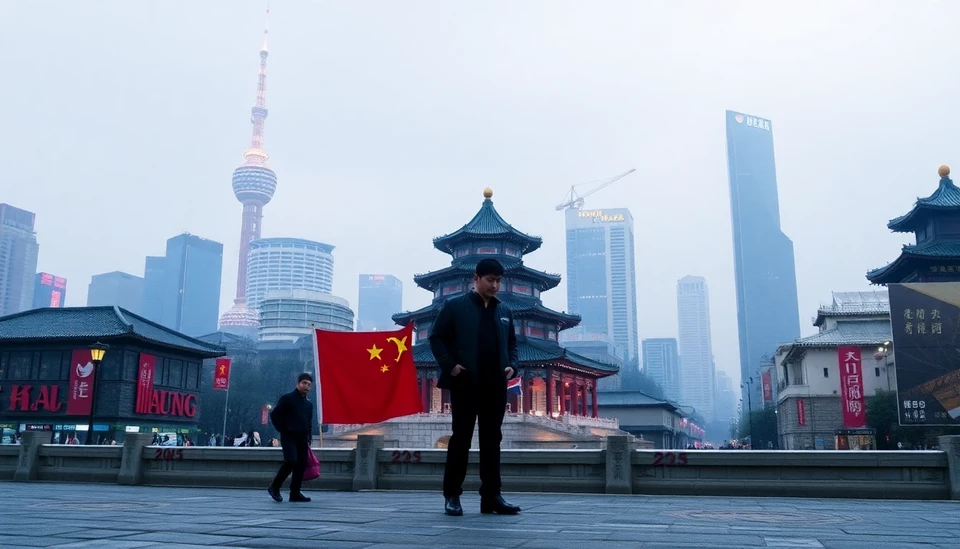
In a surprising turn of events, China's services sector has reported a slowdown in growth, contradicting expectations of a robust performance bolstered by the recent Lunar New Year holiday. Data released by the National Bureau of Statistics (NBS) reveals that the Services Purchasing Managers' Index (PMI) dipped to 51.5 in January, a decline from December's 52.2. A reading above 50 indicates expansion, yet this latest figure has raised concerns about the sustainability of China's economic rebound.
The Lunar New Year period is typically characterized by heightened consumer spending, with families traveling and indulging in various festivities. However, the latest statistics indicate that this year's holiday spending did not translate into the anticipated momentum for the service industry. Factors contributing to this slowdown in growth may include lingering uncertainties about the economic landscape and a cautious consumer sentiment, as many families continue to grapple with the socioeconomic repercussions of the pandemic.
Analysts had expected a rebound in January, projecting a PMI figure closer to 53. However, the actual numbers fell short of these optimistic forecasts, raising questions about the underlying strength of the recovery. While the retail and entertainment sectors usually see a boost during the holiday season, the effects appear to have been muted this year.
This latest development unfolds against the backdrop of a broader economic strategy implemented by the Chinese government aimed at transitioning from a manufacturing-driven economy to one more reliant on services and consumption. With this shift being a key pillar of China’s long-term economic vision, the recent slowdown is a wake-up call for policymakers to refocus efforts on stimulating growth in the services sector.
Additionally, although the hospitality and tourism industries traditionally benefit during the Lunar New Year, reports suggest that concerns over the pandemic and associated restrictions have dampened consumer confidence. Many consumers displayed caution in their spending behaviors, opting for more frugal choices. This cautious approach could hint at a larger trend in consumer attitudes that will require careful attention moving forward.
In the face of these challenges, experts emphasize the importance of targeted governmental support to revitalize the sluggish services sector. Coupled with supportive monetary policies, this may be crucial in sustaining the momentum of economic recovery throughout the year. As China begins to navigate a complex global landscape and address internal economic pressures, the need for strategic adjustments is more pressing than ever.
As the situation evolves, stakeholders from various sectors will be watching closely for further data and insights. How the services industry adapts and responds to these recent trends could have significant implications for the overall trajectory of China's economic recovery in 2025 and beyond.
In conclusion, while the Chinese economy has shown signs of recovery, the recent slowdown in the services sector serves as a reminder of the complexities that lie ahead. The balance between encouraging consumer spending and ensuring economic stability will be pivotal as China moves forward into an uncertain fiscal environment.
#ChinaEconomy #ServicesSector #LunarNewYear #ConsumerSpending #EconomicRecovery #PMI #NBS #RetailTrends
Author: Daniel Foster




